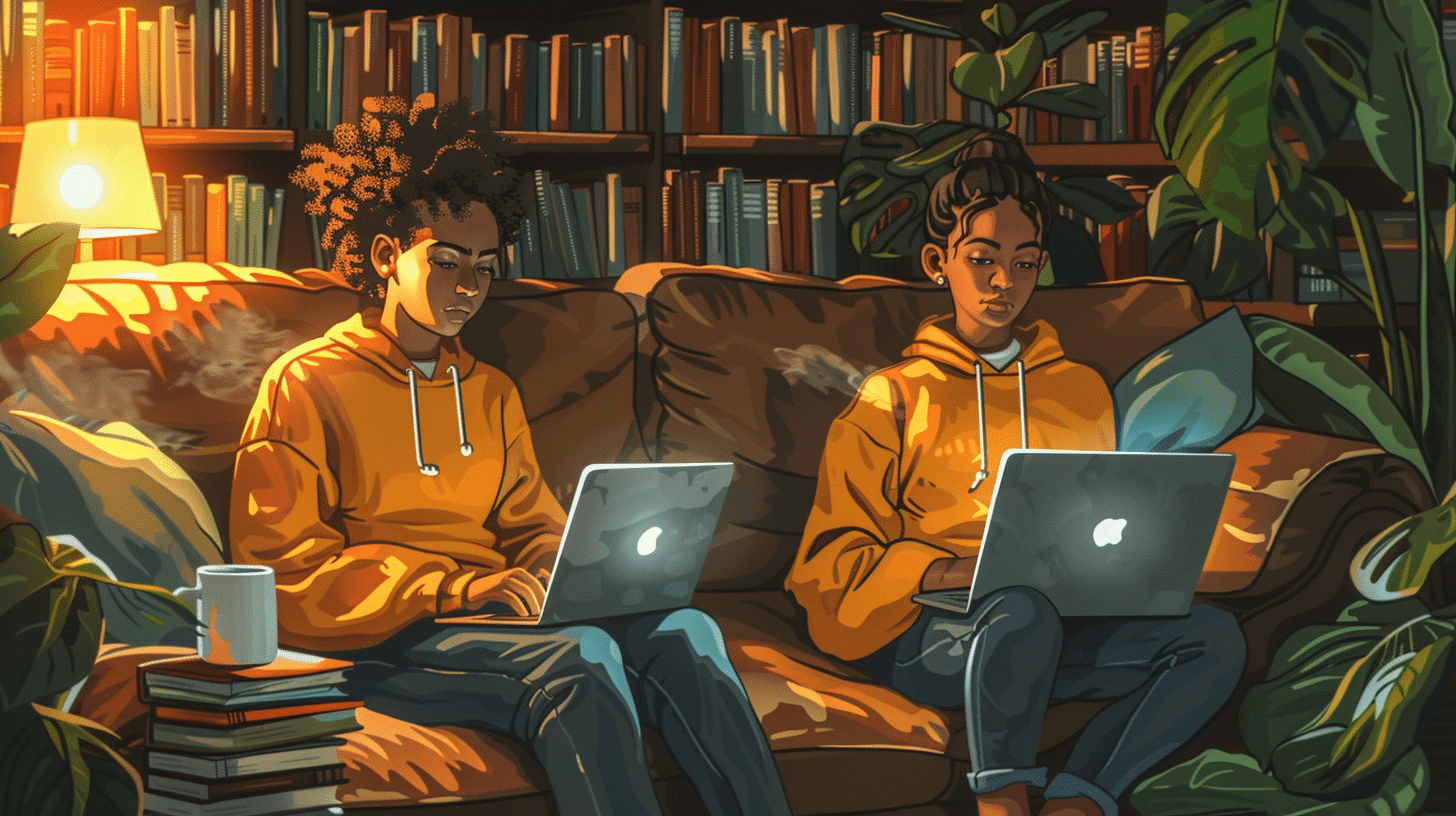Pick a language and start learning!
Continuous aspect in tenses Exercises in Ukrainian language

The Continuous aspect in Ukrainian tenses is a crucial element for learners aiming to achieve fluency and a deeper understanding of the language's nuances. Unlike English, where the continuous aspect is commonly expressed through the use of "to be" plus a present participle, Ukrainian utilizes a different approach that relies on verb conjugations and aspectual pairs. The continuous aspect, which highlights actions in progress or ongoing activities, is essential for conveying the precise timing and nature of events. Mastering this aspect allows speakers to express themselves more accurately and vividly, ensuring that they can describe ongoing actions, future plans, and past activities with clarity and detail.
In Ukrainian, verbs are categorized into perfective and imperfective aspects, each playing a pivotal role in expressing continuous actions. The imperfective aspect is particularly significant when discussing the continuous aspect as it denotes actions that are habitual, repeated, or still in progress. By understanding the formation and usage of these verb aspects, learners can significantly enhance their ability to communicate effectively in various contexts. Our grammar exercises are designed to provide comprehensive practice with the continuous aspect, enabling you to grasp its intricacies and apply it confidently in everyday conversations.
Exercise 1
<p>1. Вони *грають* у футбол щовечора (verb for playing).</p>
<p>2. Я *читаю* цікаву книгу зараз (verb for reading).</p>
<p>3. Ми *працюємо* над новим проектом (verb for working).</p>
<p>4. Він *співає* у хорі щосуботи (verb for singing).</p>
<p>5. Вона *малює* картину в своєму ательє (verb for painting).</p>
<p>6. Діти *дивляться* мультики в цей момент (verb for watching).</p>
<p>7. Я *готую* вечерю на кухні (verb for cooking).</p>
<p>8. Вони *бігають* у парку вранці (verb for running).</p>
<p>9. Ми *слухаємо* музику під час роботи (verb for listening).</p>
<p>10. Він *їде* на велосипеді до школи (verb for riding).</p>
Exercise 2
<p>1. Він *читає* книгу зараз (verb for reading).</p>
<p>2. Ми *працюємо* в саду цілий день (verb for working).</p>
<p>3. Вона *співає* пісню на сцені (verb for singing).</p>
<p>4. Діти *граються* на подвір'ї (verb for playing).</p>
<p>5. Я *дивлюся* телевізор цілий вечір (verb for watching).</p>
<p>6. Він *пише* листа своєму другові (verb for writing).</p>
<p>7. Вони *малюють* картину для школи (verb for painting).</p>
<p>8. Вона *вчиться* грати на піаніно (verb for learning).</p>
<p>9. Ми *поїдаємо* піцу на вечірці (verb for eating).</p>
<p>10. Він *бігає* в парку щодня (verb for running).</p>
Exercise 3
<p>1. Вона *читає* книгу зараз (verb for reading).</p>
<p>2. Ми *дивимося* фільм цієї миті (verb for watching).</p>
<p>3. Вони *грають* у футбол на стадіоні (verb for playing).</p>
<p>4. Я *пишу* листа своєму другу (verb for writing).</p>
<p>5. Він *співає* пісню на сцені (verb for singing).</p>
<p>6. Вчитель *пояснює* нову тему учням (verb for explaining).</p>
<p>7. Вона *малює* картину в студії (verb for drawing).</p>
<p>8. Ми *готували* вечерю, коли прийшли гості (verb for cooking in past continuous).</p>
<p>9. Діти *вивчали* нові слова під час уроку (verb for learning in past continuous).</p>
<p>10. Він *працював* над проектом до пізньої ночі (verb for working in past continuous).</p>







